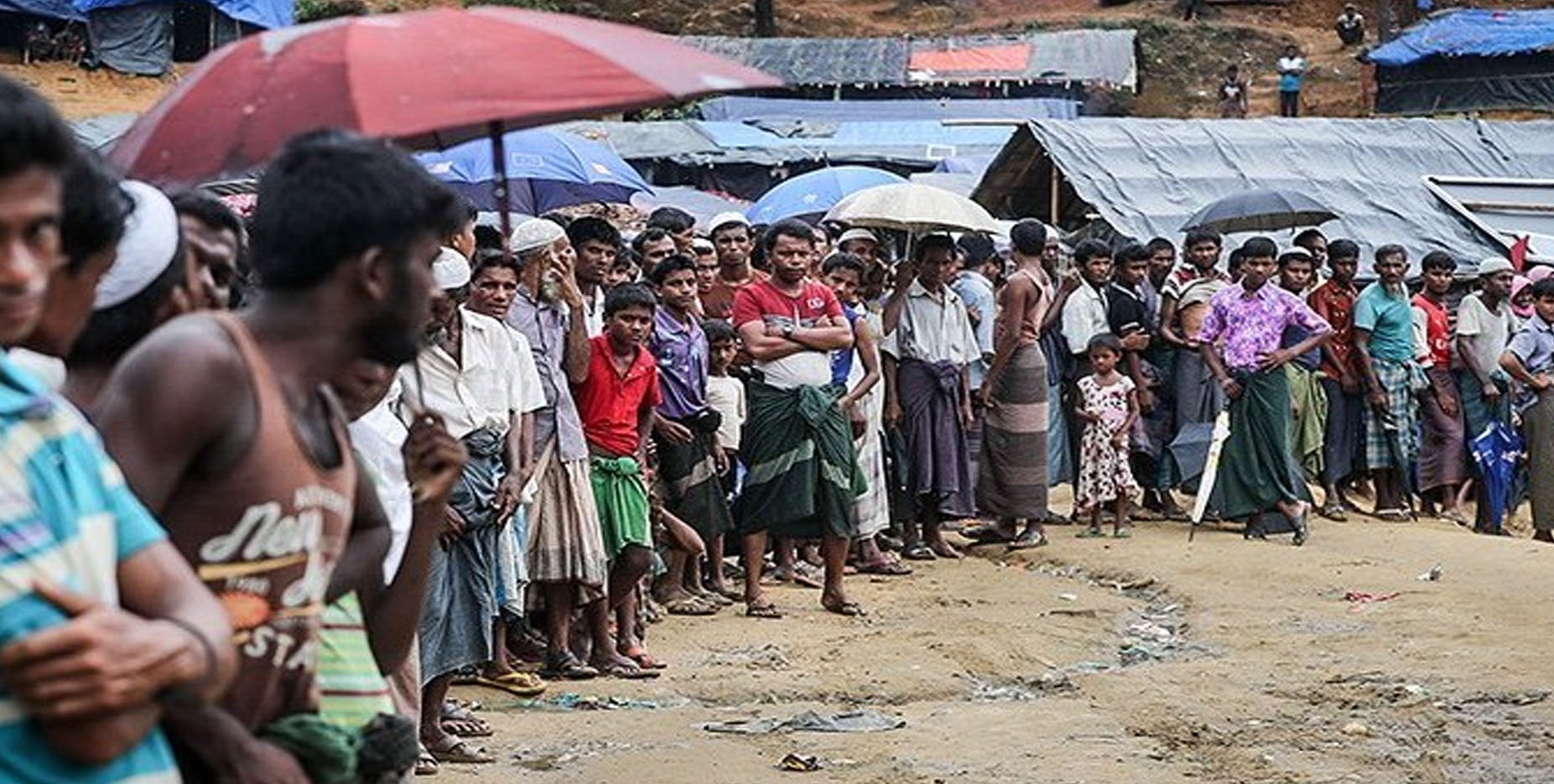
Nadine Osman
Human Rights Watch (HRW) has warned that the latest cuts in food rations for Rohingya refugees in Bangladesh will build pressure on the vulnerable community to return to dangerous conditions in Myanmar.
The United Nations World Food Programme has on June 1 announced that food rations for Rohingya refugees in Bangladesh has been cut from $12 per month several months ago to just $8 a month.
UN special rapporteurs warned that the cuts will have the “devastatingly predictable” consequence of “spiking rates of acute malnutrition, infant mortality, violence, and even death.” Some refugees, they said, might be compelled to “risk their lives at sea, [rather] than to face hunger and even death in the camps.”
These food ration cuts, along with escalating restrictive measures imposed by Bangladesh authorities and violence in the squalid, overcrowded refugee camps, are increasing pressure on the refugees to repatriate.
According to Bill Frelick, Director of HRW’s Refugee and Migrant Rights Division, there is precedent for using food handouts to pressure Rohingya refugees to leave.
‘In 1978, the Bangladesh government weaponized food to force starving Rohingya refugees back to Myanmar, which remained intent on persecuting them. Then, as now, the Rohingya refugees were confined to camps in Bangladesh’s Cox’s Bazar area and were not allowed to work, so they depended on food rations to survive.,’ writes Frelick,
A 1979 report by Alan C Lindquist, then-head of the UN Refugee Agency’s Sub-office in Cox’s Bazar quoted Bangladesh’s then-secretary of the Ministry of Relief and Rehabilitation, Syed All Khasru, as saying, “It is all very well to have fat, well-fed refugees. But …we are not going to make the refugees so comfortable that they won’t go back to Burma [Myanmar].”
According to the Lindquist report, by December 1978, between 80 and 85 people were dying every day in Bangladesh’s camps. “More and more showed themselves ready to go back to escape the terrible conditions in the Bangladesh camps,” Lindquist wrote.
“From November 15th onwards, at least 2,000 were returning every three days, the maximum rate specified in the July [1978] agreement between the two countries.”
By the end of March 1979, over 107,000 Rohingya had returned to Myanmar, with over 11,900 having died. Frelick warned that “This time around, the World Food Programme, facing donor shortfalls, is making the cuts. International donors, no less than Bangladesh, have a responsibility not to repeat history. Myanmar is far from safe for Rohingya.”
“Bangladesh should also ease restrictions and allow refugees to earn money to buy food help prevent another horrible death toll.”
Photo: Seyyed Mahmoud Hosseini/Tasnim News Agency